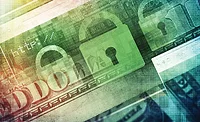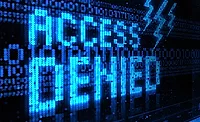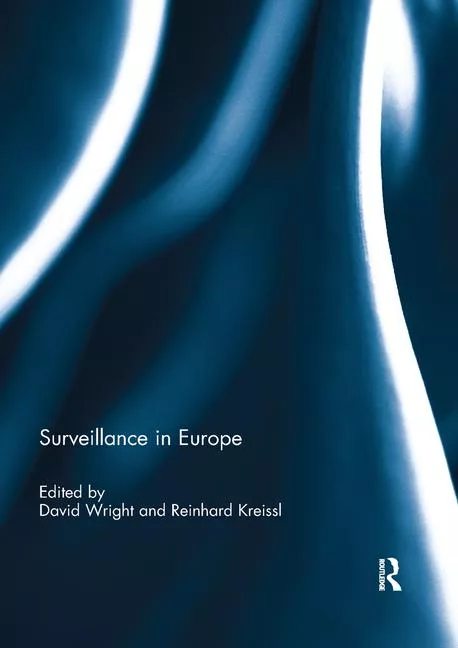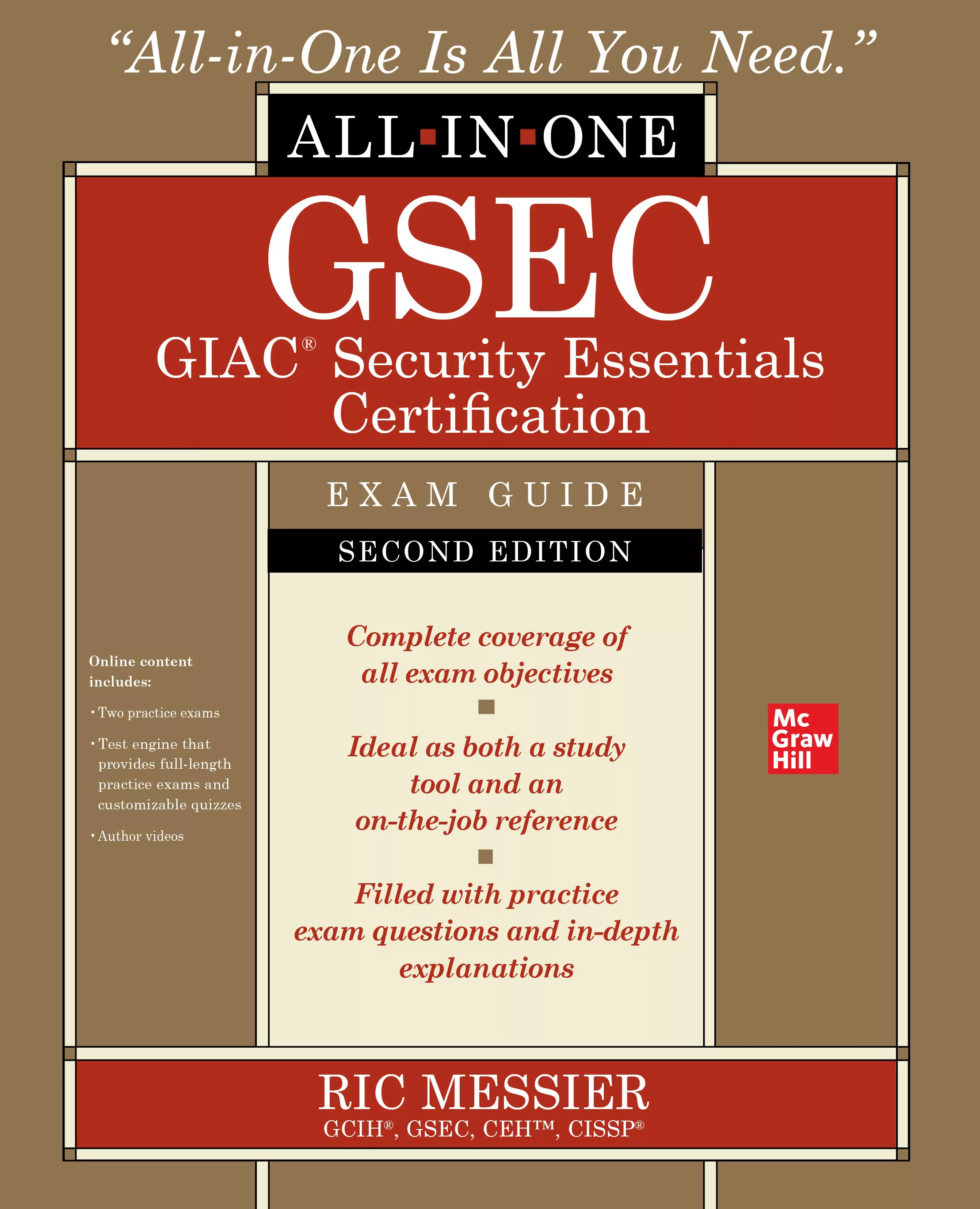86% of cloud attacks in healthcare result in financial consequences
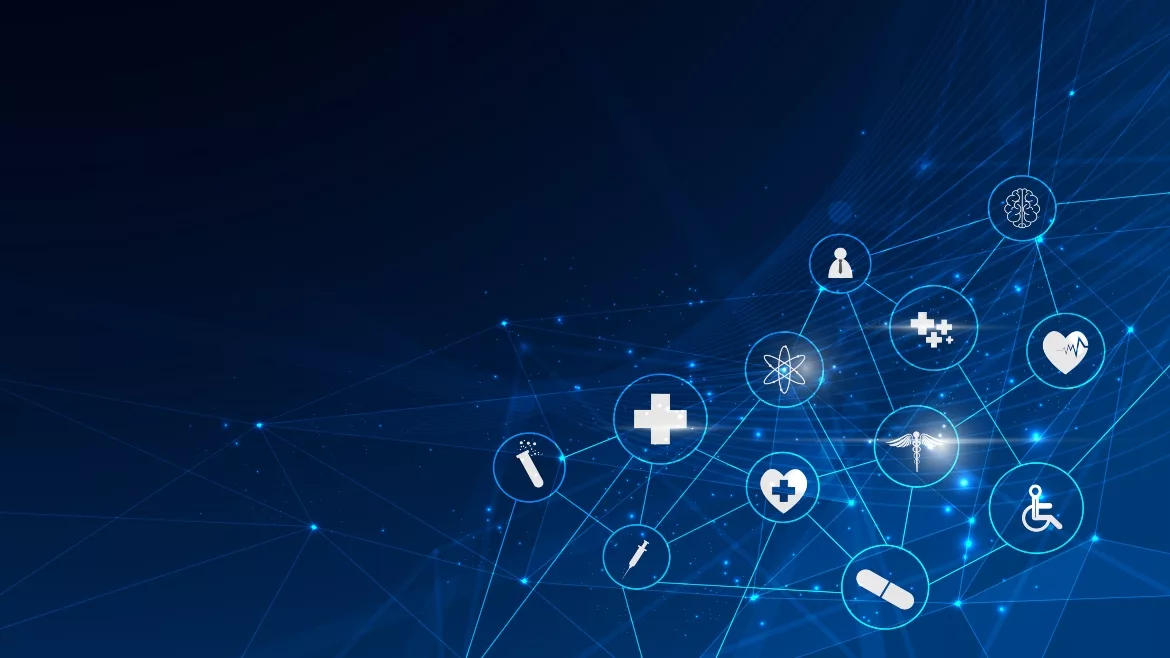
Image by user13883487 via Freepik
According to a new report, 61% of respondents in the healthcare industry suffered a cyberattack on their cloud infrastructure within the last 12 months, compared to 53% for other verticals. Phishing was the most common type of attack reported.
The 2022 Cloud Security Report by Netwrix, a cybersecurity vendor, also showed an attack in the healthcare sector is more likely to result in financial consequences. 32% of respondents from other industries report that an attack had no impact on their business, while only 14% of healthcare organizations say the same. Unplanned expenses to cover security gaps and compliance fines are the most common types of damage the healthcare sector faces due to a cyberattack.
It is likely that healthcare organizations have long been a prime target for cybercriminals "due to the amount of sensitive personally identifiable information (PII) organizations collect and store, as well as a traditionally large number of connected devices integrated into respective networks. The result is a massive, more easily exploitable threat vector. At the same time, disruption to any mission-critical processes can have life or death implications for patients," says Joseph Carson, chief security scientist and Advisory CISO at Delinea.
"Because healthcare is a valuable and vulnerable target, hackers go after this industry because patient data and hospital systems are lucrative prey. Hackers know they can demand a high ransom if they compromise patient data or healthcare systems. Their favorite method? Phishing," says Mika Aalto, Co-Founder and CEO at Hoxhunt. "The more sophisticated attacks are missed by today's security technology layers (secure email gateways, cloud security, etc.)."
Since medical records are extremely sensitive and valuable for cybercriminals, Carson says, they should be a top priority for healthcare institutions that hold personal health information (PHI) to protect them with best security practices such as strong encryption, privileged access security and multi-factor authentication (MFA). Carson believes "healthcare organizations must ensure their networks are protected with solutions that help move passwords into the background such as privileged access security solutions or, at a minimum, a password manager. Subsequently, in the event that a password is cracked, brute forced or sprayed, multi-factor authentication can plug the gap and help ensure unauthorized access to the network can't happen as easily."
Aalto believes that the answer is to "increasingly to leverage the most intelligent detection engine available – the humans in every large complex organization. It turns out if you train them to spot these sophisticated attacks and enable them to report them, they spot them every time."
Looking for a reprint of this article?
From high-res PDFs to custom plaques, order your copy today!




